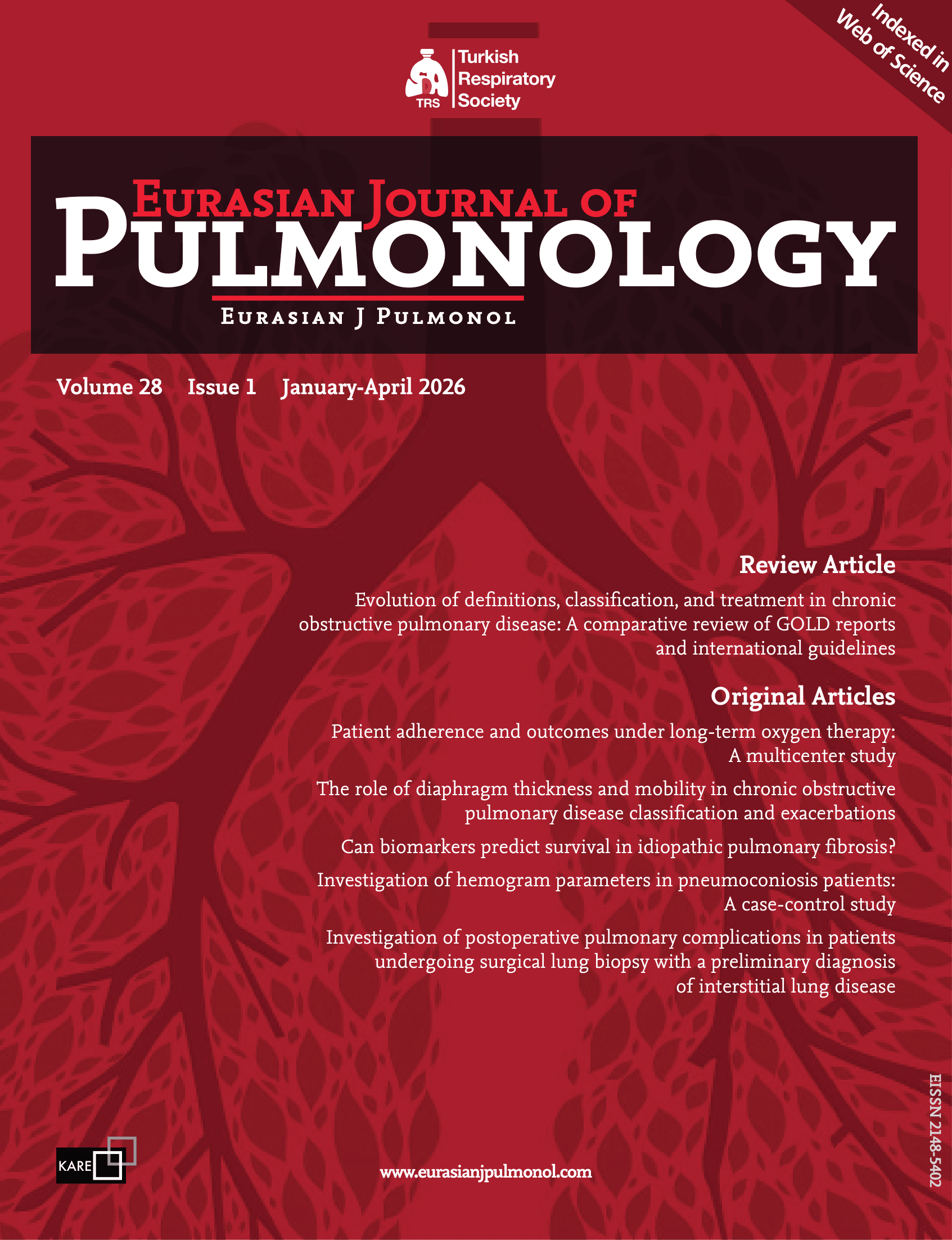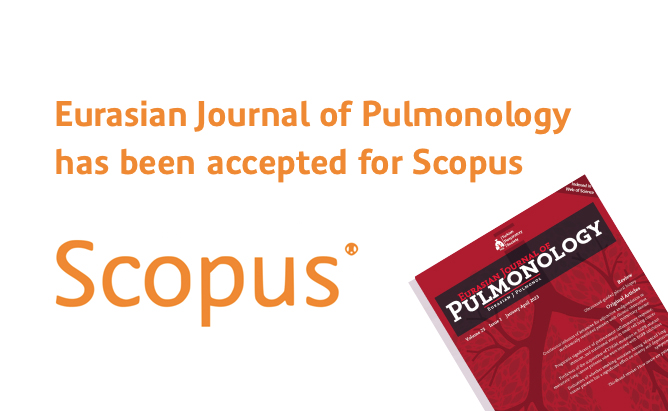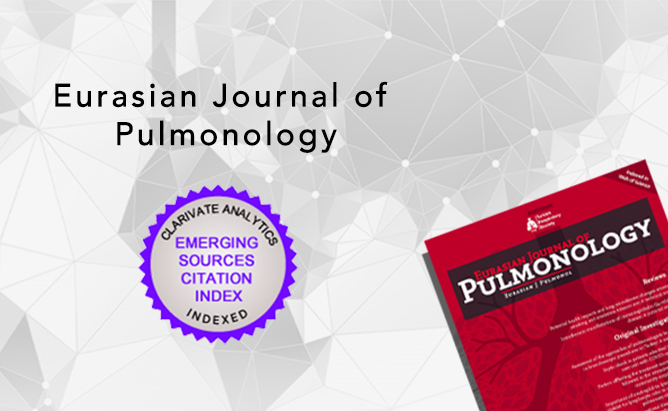2Department of Anaesthesiology and Reanimation, Malatya Training and Research Hospital, Malatya, Türkiye
Abstract
BACKGROUND AND AIM: The most important step in inpatient management to prevent mortality in COVID-19 patients is to diagnose clinical deterioration early and quickly. Early warning score (EWS) systems evaluate vital signs to detect early deterioration in a patient’s clinical status. The aim of this study was to see how accurate the EWS is at predicting the need for a transfer to the intensive care unit (ICU) and the mortality in COVID-19 pneumonia patients
who are hospitalized.
METHODS: A total of 471 confirmed COVID-19 pneumonia patients treated in our COVID-19 wards were included in the present study.
RESULTS: ICU admission occurred in 95 (20.1%) of the cases during hospitalization, with a death rate of 11.9%. Compared with patients who were not admitted to the ICU, those who were admitted had higher National Early Warning Score (NEWS), NEWS2, Modified Early Warning
Score (MEWS), and Quick Sequential Organ Failure Assessment (qSOFA) score (p<0.001).
NEWS was found to be superior to NEWS2, MEWS, and qSOFA in predicting patient clinical deterioration (p<0.001). NEWS outperformed NEWS2, MEWS, and the qSOFA score in predicting overall hospital mortality (p<0.05). ICU admission was substantially associated with high NEWS (≥7) and NEWS2 (≥7) (p=0.001, p=0.0028).
CONCLUSIONS: NEWS and NEWS2 could be used routinely in pandemic wards to detect clinical worsening in COVID-19 pneumonia patients who are hospitalized.




 Umut Sabri Kasapoğlu1
Umut Sabri Kasapoğlu1 




